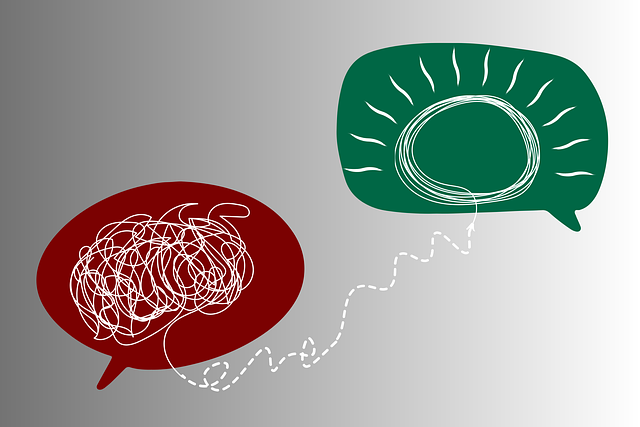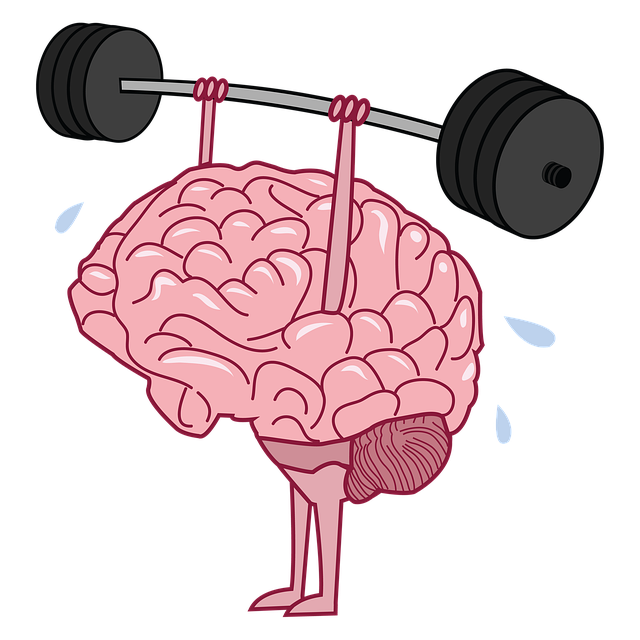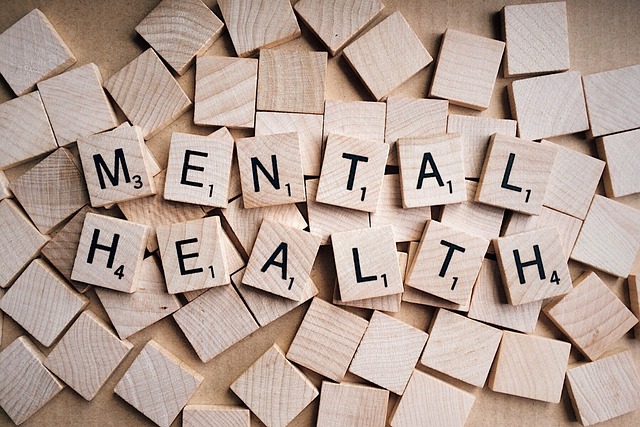Mental illness in children often goes unnoticed due to societal stigma, leading to isolation and fear. 'Bad behavior' could signal early signs of issues like gambling addiction or anxiety. Early intervention through tailored therapy is crucial for vulnerable young minds. This text explores effective therapeutic approaches for children struggling with gambling-related behaviors, emphasizing the importance of breaking down stigma in schools and communities. By normalizing mental health conversations, empowering families, and educating caregivers, we can create a supportive environment that encourages help-seeking behaviors and promotes healthier coping mechanisms for children affected by gambling issues.
Mental illness stigma is a pervasive issue, especially among young children. This article delves into four key areas to reduce this barrier: understanding the stigma surrounding mental health in young kids, exploring therapy’s role in breaking down gambling-related issues, implementing effective strategies in schools and communities, and empowering families and caregivers through mental health awareness. By addressing these aspects, we can foster a more supportive environment for children’s mental well-being, including therapy for gambling-related concerns.
- Understanding the Stigma Surrounding Mental Illness in Young Children
- The Role of Therapy in Breaking Down Stigma for Gambling-Related Issues
- Effective Strategies to Reduce Stigma in Schools and Communities
- Empowering Families and Caregivers: Supporting Mental Health Awareness
Understanding the Stigma Surrounding Mental Illness in Young Children

The stigma surrounding mental illness often manifests differently in young children compared to adults. What might be perceived as ‘bad behavior’ or ‘mood swings’ could be early indicators of underlying emotional struggles. Unfortunately, society’s tendency to label and ostracize these children further exacerbates the issue, creating a cycle of isolation and fear that can hinder their development. Youngsters who face stigma are at higher risk of avoiding help or feeling ashamed to seek therapy for gambling addiction, anxiety, or other mental health challenges they may experience.
This problem is compounded by the fact that young minds are still developing emotional intelligence and resilience-building skills, making them more susceptible to internalizing negative perceptions. By fostering positive thinking and open conversations about mental health, we can create a supportive environment where children feel comfortable expressing their feelings without fear of judgment. Early intervention through appropriate therapy for young children gambling or other issues can be transformative, promoting healthier coping mechanisms and better life outcomes.
The Role of Therapy in Breaking Down Stigma for Gambling-Related Issues

Effective Strategies to Reduce Stigma in Schools and Communities

Reducing stigma around mental illness is a multifaceted effort that requires participation from schools and communities alike. Early intervention is key; targeting young children through therapy and educational programs can help foster understanding and empathy, breaking down barriers before they even form. Incorporating mental health awareness into school curricula not only educates students but also normalizes conversations about emotions and challenges. This foundation enables younger generations to recognize signs of struggle in themselves or peers, encouraging early help-seeking behaviors.
Communities play a vital role through public awareness campaigns that challenge stereotypes and misinformation. These initiatives can highlight the diverse range of mental health conditions, emphasizing their treatability and similarity to physical ailments. Engaging community leaders and influential figures can lend credibility and amplify these messages. Additionally, burnout prevention strategies for healthcare providers are essential; exhausted professionals may inadvertently perpetuate stigma through misinformed interactions. Ensuring healthcare workers have adequate resources and support enables them to offer compassionate, non-judgmental care, further reducing stigma and promoting positive mental health outcomes.
Empowering Families and Caregivers: Supporting Mental Health Awareness

Empowering families and caregivers is a crucial aspect of mental illness stigma reduction efforts. By providing resources and support, we can foster an environment where loved ones understand and effectively navigate the complexities of mental health challenges. Encouraging open conversations about mental well-being starts at home. Family members can play a pivotal role in promoting self-awareness exercises for children, fostering positive thinking, and normalizing discussions around therapy, even for young children struggling with gambling addiction.
Caregivers should be equipped with the knowledge to recognize signs of distress and differentiate them from typical developmental stages. This enables them to seek appropriate professional help without stigma. Through education and shared experiences, families can become advocates, challenging societal norms and stereotypes associated with mental illness. Such proactive measures contribute significantly to a more accepting and supportive society where individuals are encouraged to prioritize their mental health.
Mental illness stigma reduction is a multi-faceted effort that involves understanding, education, and support at all levels of society. By addressing the stigma surrounding mental health issues in young children through therapy for gambling-related concerns, implementing effective strategies in schools and communities, and empowering families and caregivers, we can create a more inclusive and supportive environment. These efforts collectively contribute to breaking down barriers and fostering awareness, ultimately enhancing the well-being of individuals struggling with mental health challenges.









